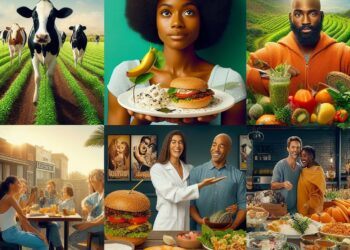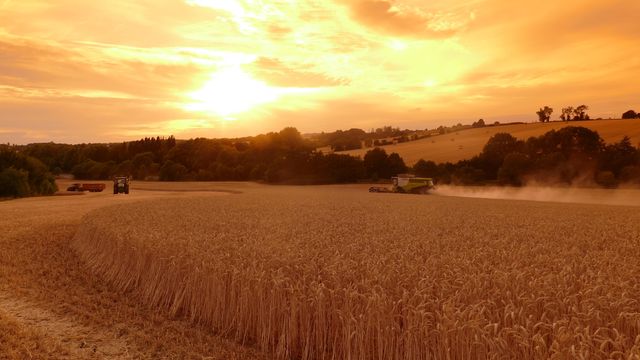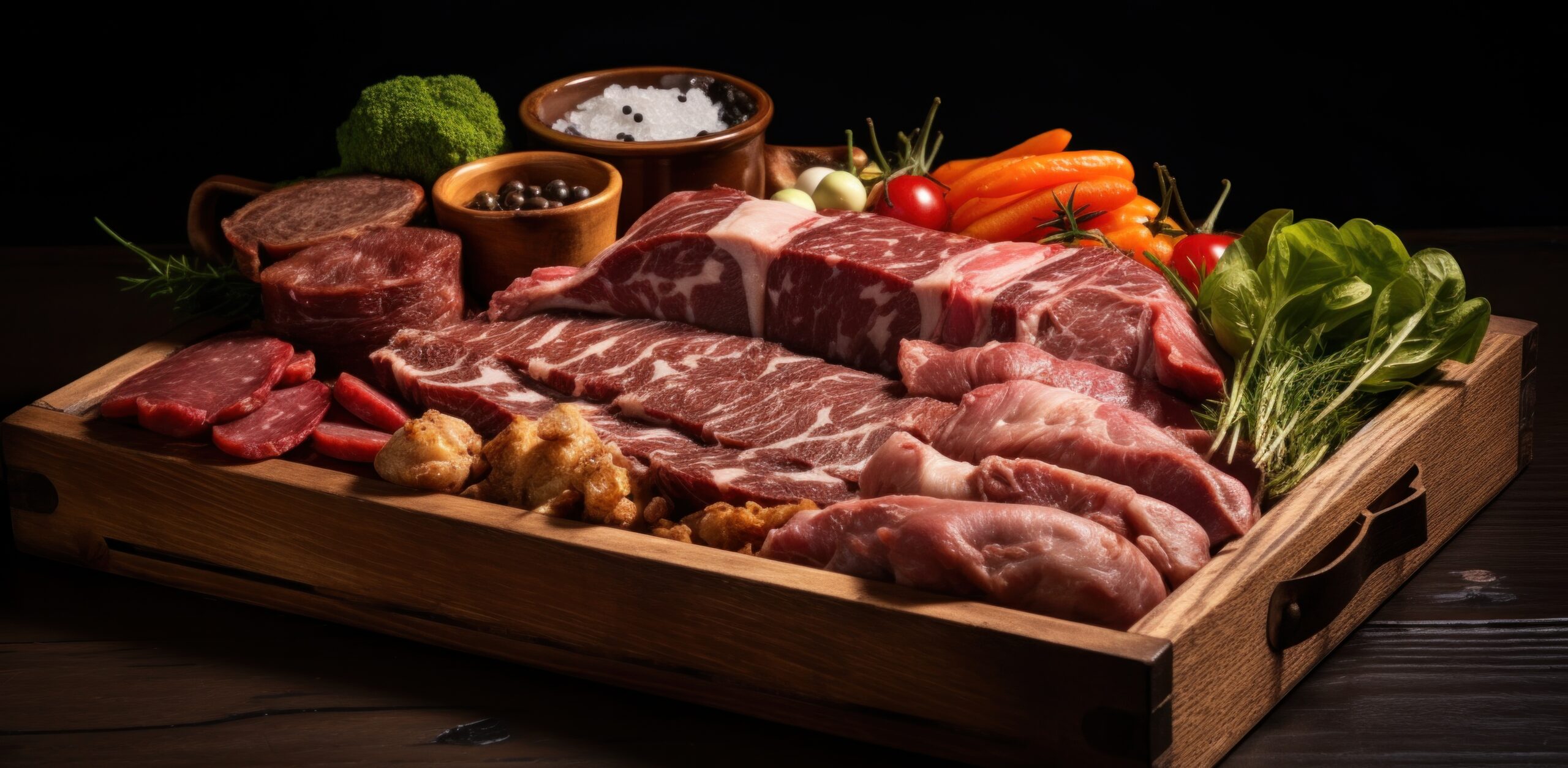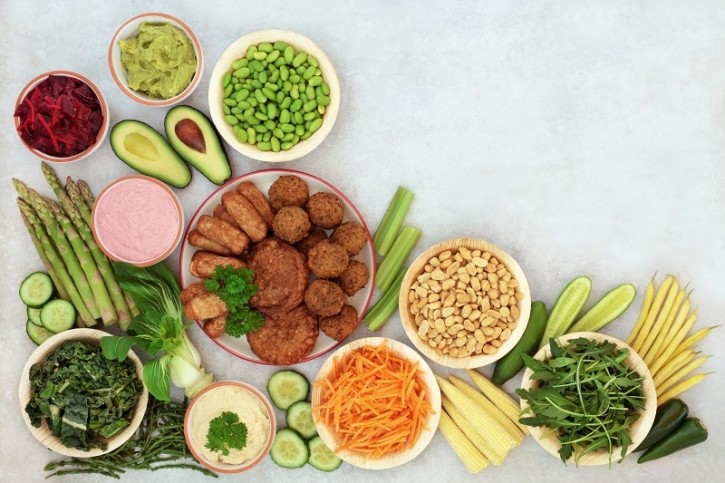Meat is not bad for you. In fact, eating the flesh of another animal is a highly efficient way of getting some of the nutrients we humans need for good health. People in very poor countries who cannot afford to eat meat may become so malnourished that they suffer from stunting, wasting and anaemia.
These are the true and incontrovertible claims made by the journal Animal Frontiers: a joint venture between scientists and livestock producers, which this week published a series of articles in defence of meat. The journal also got around 1,000 scientists from around the world to sign something called “the Dublin Declaration”: a long-winded pledge to apply “the highest standards” to the science of animal-based nutrition, and to resist “reductionism or zealotry”.
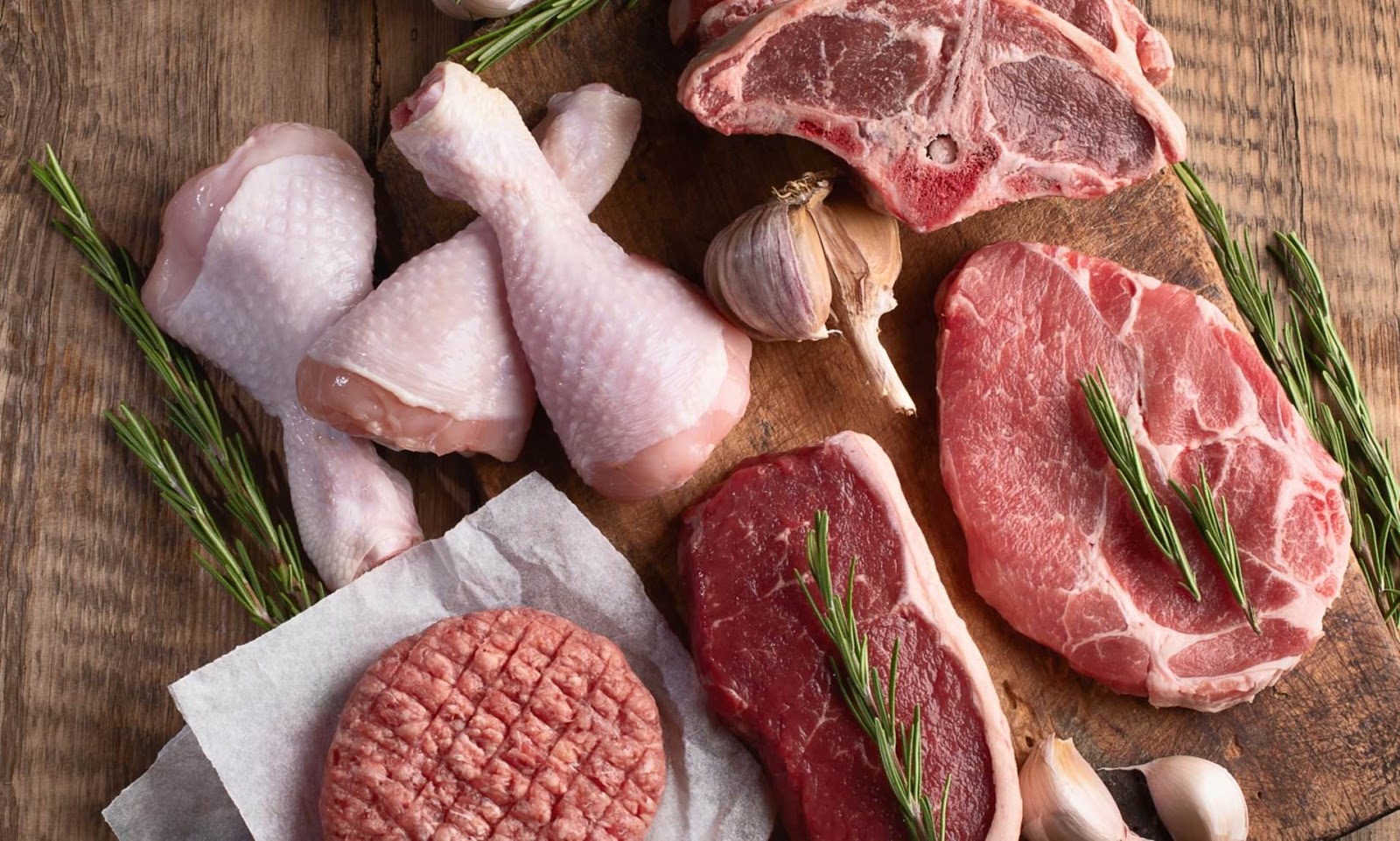
What this really is – you may have sensed it by now – is a whistle from the trenches of the ever-expanding culture wars. The subject of meat has, in recent years, become fiercely polarised. The meat industry – a $1.1 trillion global concern, but one that contains many small, hard-pressed farmers – feels itself to be under attack. Battle lines have been drawn, and the enemy painted in clichés. You’re either against meat, in which case you’re an anti-capitalist eco-zealot whose clothes appear to be knitted from porridge oats; or you’re for it, in which case you’re a livestock farmer, or an angry man in red trousers (or both).
Needless to say, this is not how real humans think or behave. Roughly 6 per cent of people in this country are committed vegetarians or vegans. The rest of us are in a muddle. Should we be eating meat, and if so what kind? Will it give us cancer, or block our arteries? Is it true that cow farts cause climate change? (Answer: no. Burps are the problem.) And how is it possible to love animals, while simultaneously devouring them?
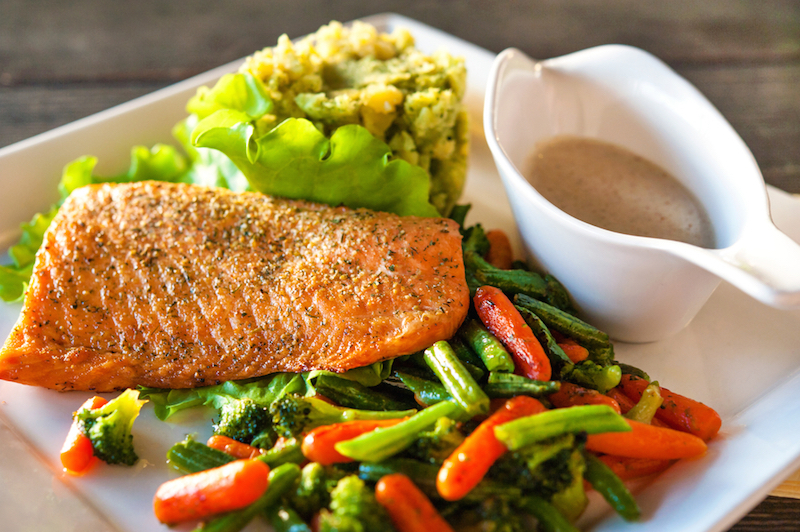
One of the recurring themes of my new book, Ravenous, is that we should all eat less meat. But perhaps not for the reasons you’d imagine. Co-written with my husband, Henry Dimbleby – until recently the Government’s “food tsar”, and the author of the independent National Food Strategy – the book is a guided tour of the modern food system, explaining why we eat the way we do, and what this is doing both to our health and to the planet.
The rights and wrongs of eating meat are explored in some depth, precisely because they are complicated. We British are famed as a nation of animal lovers. Yet we are also proud carnivores – once nicknamed “les rosbifs” by the French – and we produce some of the best meat and dairy in the world. We eat, on average, 220g of meat a day: almost double the global average.
But our eating habits are changing. Over the past decade, our meat consumption has declined by about 17 per cent. The UK now buys a third of all the plant-based meat or dairy alternatives in Europe. This is probably not, for the most part, because of health or environmental concerns, but because the British eat more ultra-processed food than any other European nation. (It makes up 57 per cent of our national diet, compared with 13 per cent in Italy). Meat is a relatively expensive ingredient, so many food manufacturers prefer to keep it to a minimum. There are bigger profits to be made from refined carbohydrates, sugars and vegetable oils.
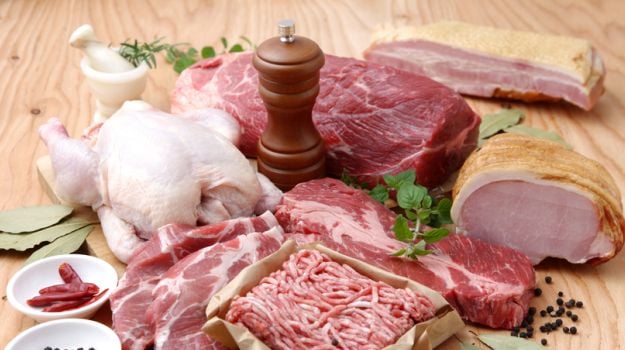
** Click here to read the full-text **





